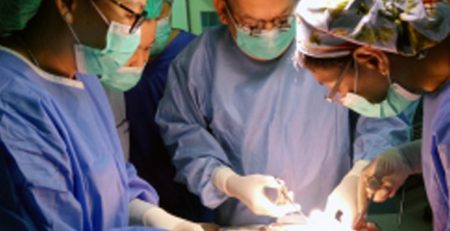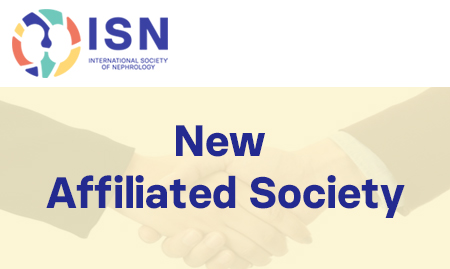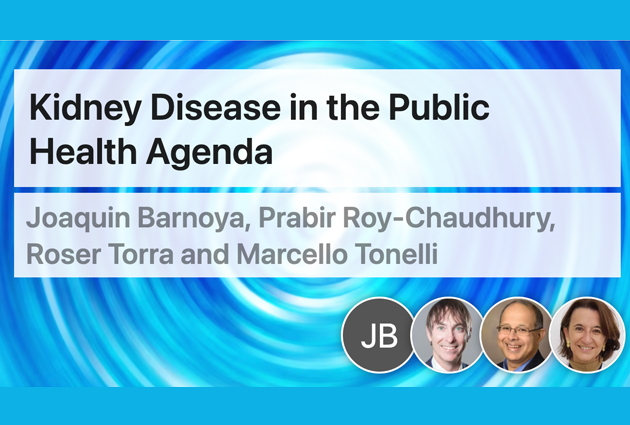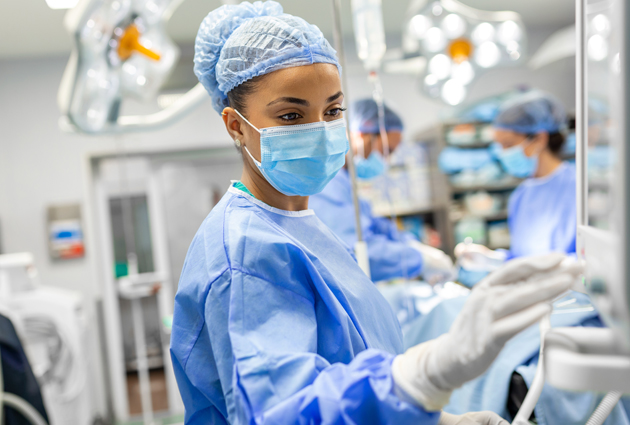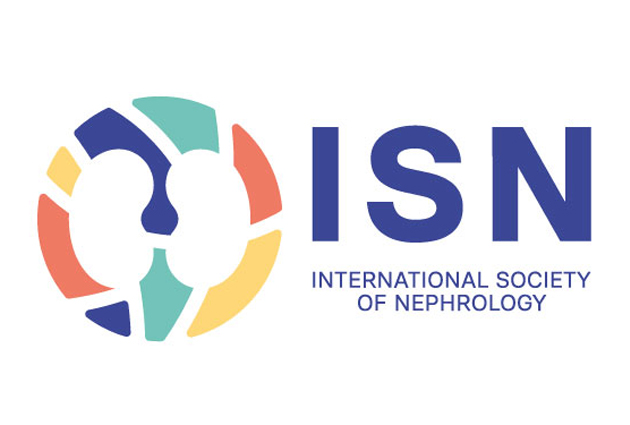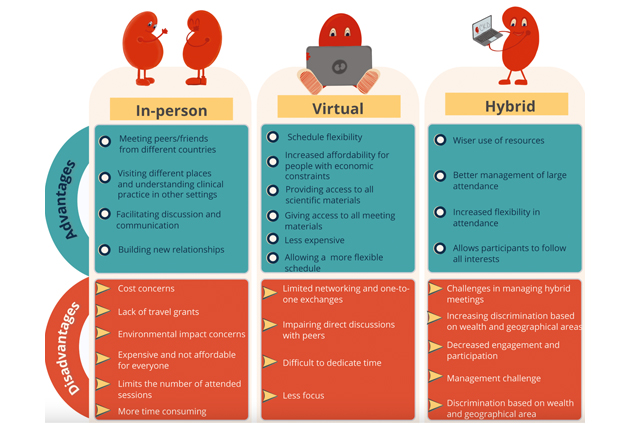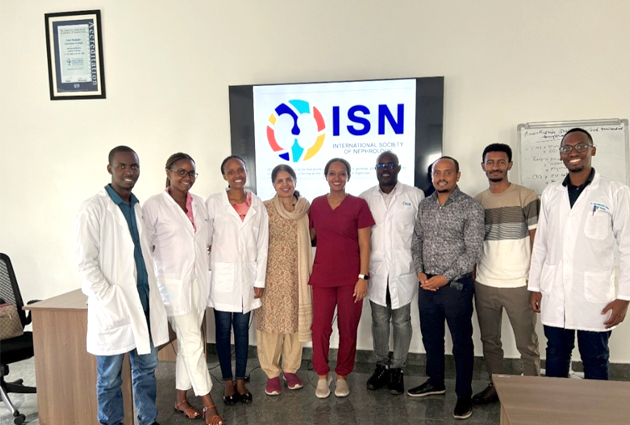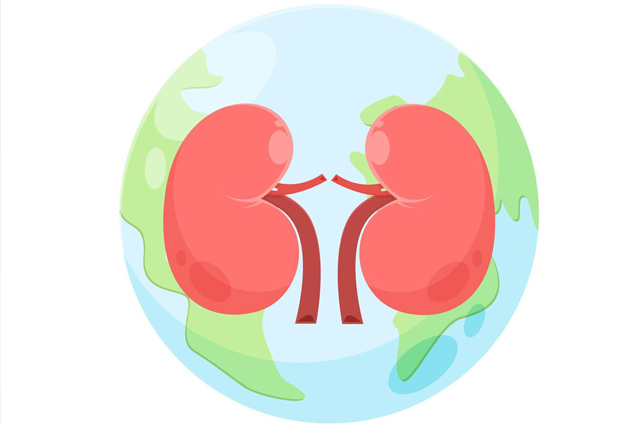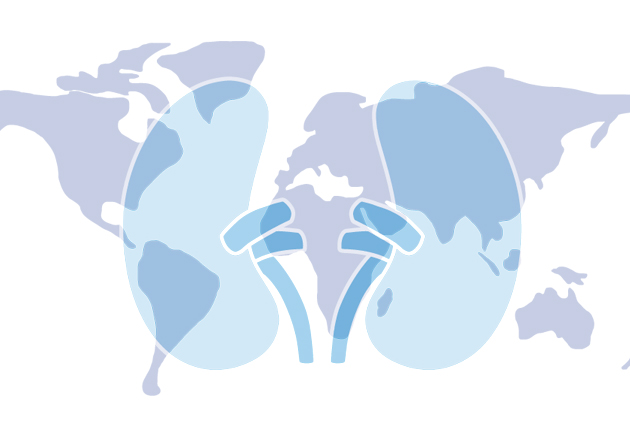Germany-Belarus: A multidisciplinary approach to studying nephrology
This blog post is provided by Kirill Komissarov at the Medical Academy of Postgraduate Education in Minsk, Belarus.
Fellows from the Charite Clinic University Clinic in Berlin, Germany spent a month with two fellows from the Minsk center thanks to an ISN Sister Renal Center partnership. Local medical professionals Aliaksandra Hashchuk is an intensivist and Volha Dybava is a nephrologist.
We had a great opportunity to learn about the study and working process in the Nephrology Department at the Charite Mitte University Clinic, located in the heart of Berlin. Professor Klemens Budde introduced us to all our colleagues on the first day and we could interact freely with them. Work there started early at 7.30am so every morning on our way to Charite we could see the Brandenburg Gate and Reichstag without any tourists. Actually, there was no time for boredom as we were busy until 4pm. We worked in different units including in the dialysis, nephrology and ambulatory departments.
Every day we joined ward rounds with our German colleagues. In the dialysis and nephrology units, we met with patients, got the opportunity to be involved in different diagnostic procedures (kidney ultrasound, percutaneous nephrobiopsies and urine sediment evaluations) and studied several therapeutic protocols. Our German colleague Fabian Halleck was Aliaksandra’s supervisor. They visited six different intensive care departments every day to help Aliaksandra handle the machines for continuous renal replacement therapy (Fresenius, Gambro). This will be a very useful learning experience for Aliaksandra when she returns to the intensive care unit in her home institution to implement this new knowledge.
Volha sharpened her medical skills in the nephrology unit where she explored protocols of glomerulonephritis treatment and took part in biopsies of native kidney and grafts. We visited the operation room to watch a kidney transplant operation, surgeons were very attentive and told us about each step. The operation was long but time went by so fast.
Lunchtime was a good time to discuss some clinical cases with the young German nephrologists and learn about the exiting places of interests in Berlin. Such conversations helped us improve our foreign language skills, whether it was talking in English or polishing up our German.
During our stay, we attended various medical conferences, not only at Charite, but also in other clinics. It was a nice experience to interact with colleagues and share interdisciplinary views. Every Thursday, we had a medical seminar in Charite dedicated to nephrology problems.
We also visited the medical museum at Charite. The second floor exhibition looked at the history of the clinic and showed various clinical cases with pathological anatomical specimens and a special collection of specimens from Berlin’s outstanding pathologist Rudolf Virchow. We must admit, the museum objects make a very strong impression.
In the end, it was a great month of new knowledge, meeting new people and sharing points of views. We are really happy to have had such an opportunity, and, who knows, maybe we will visit Charite and see our colleagues again!



